Comments
- No comments found
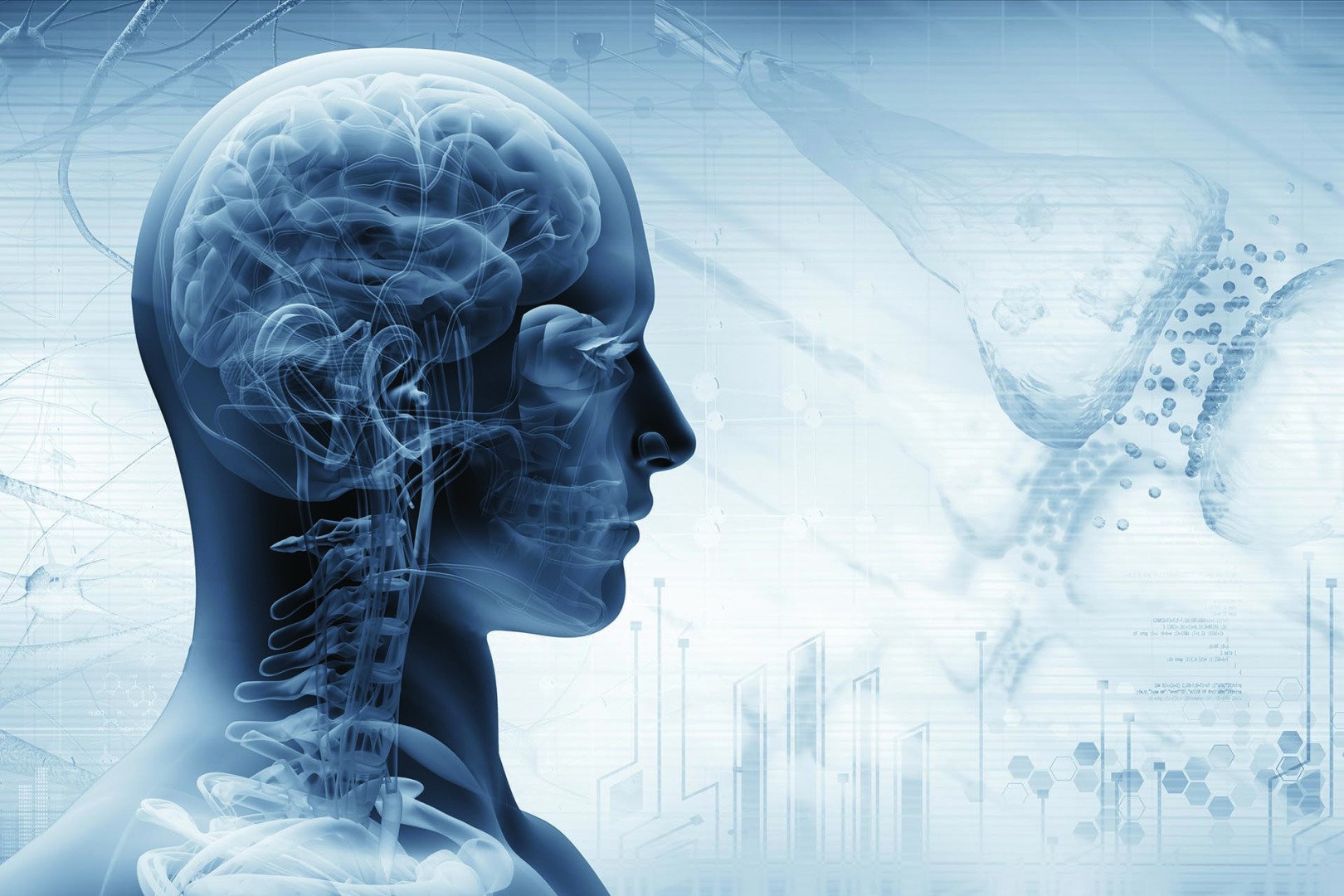
In recent years, the field of biology has been rapidly transformed by the use of deep learning technology.
Deep learning algorithms have revolutionized the way we understand and analyze biological data, providing powerful tools for drug discovery, genomics, disease diagnosis, and protein folding. With the ability to quickly and accurately analyze vast amounts of data, deep learning is helping researchers identify patterns, make predictions, and develop new treatments for a variety of diseases.
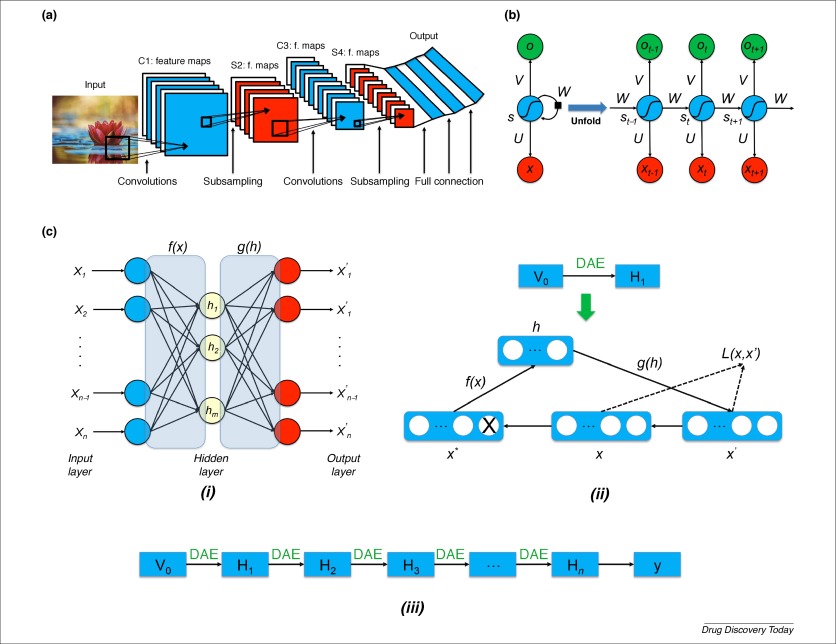
Drug discovery is one of the most promising applications of deep learning in biology. Traditionally, drug discovery has been a time-consuming, expensive, and often unreliable process, involving testing thousands of compounds for their potential to treat a specific disease. However, deep learning algorithms can analyze large amounts of data from drug trials, animal models, and clinical studies to identify promising drug candidates. For example, the pharmaceutical company Atomwise has developed a deep learning algorithm that can predict the efficacy of potential drug compounds by analyzing their chemical structures. By using deep learning, researchers can reduce the time and cost of drug discovery, while also increasing the chances of success.
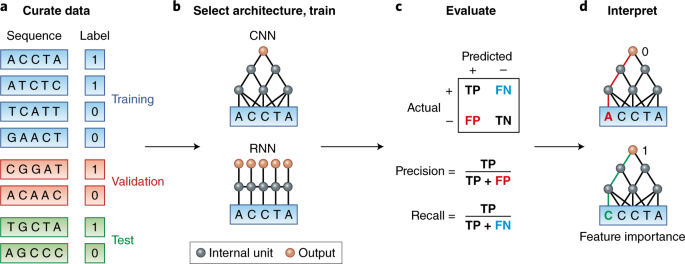
Another area where deep learning is making a significant impact is in genomics. Genomics involves the analysis of the human genome, which is composed of over three billion base pairs. Traditional methods of analyzing this data are slow and inefficient, but deep learning algorithms can quickly and accurately analyze genomic data, allowing researchers to identify genetic mutations associated with diseases such as cancer. For example, a team of researchers from the University of California, San Francisco, and Stanford University used deep learning to identify a genetic mutation that increases the risk of breast cancer. Deep learning has the potential to transform our understanding of genetics, leading to new treatments and therapies for a variety of diseases.
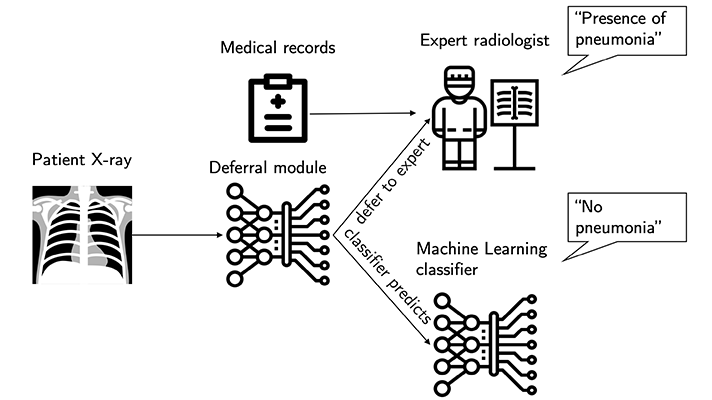
Deep learning is also being used to improve disease diagnosis. Traditionally, doctors have relied on their experience and medical training to diagnose diseases. However, deep learning algorithms can analyze large amounts of patient data, including medical histories, laboratory results, and imaging scans, to identify patterns and make accurate diagnoses. For example, a team of researchers from Stanford University developed a deep learning algorithm that can diagnose skin cancer with the same accuracy as board-certified dermatologists. By using deep learning, doctors can make more accurate diagnoses, leading to better patient outcomes and improved healthcare.
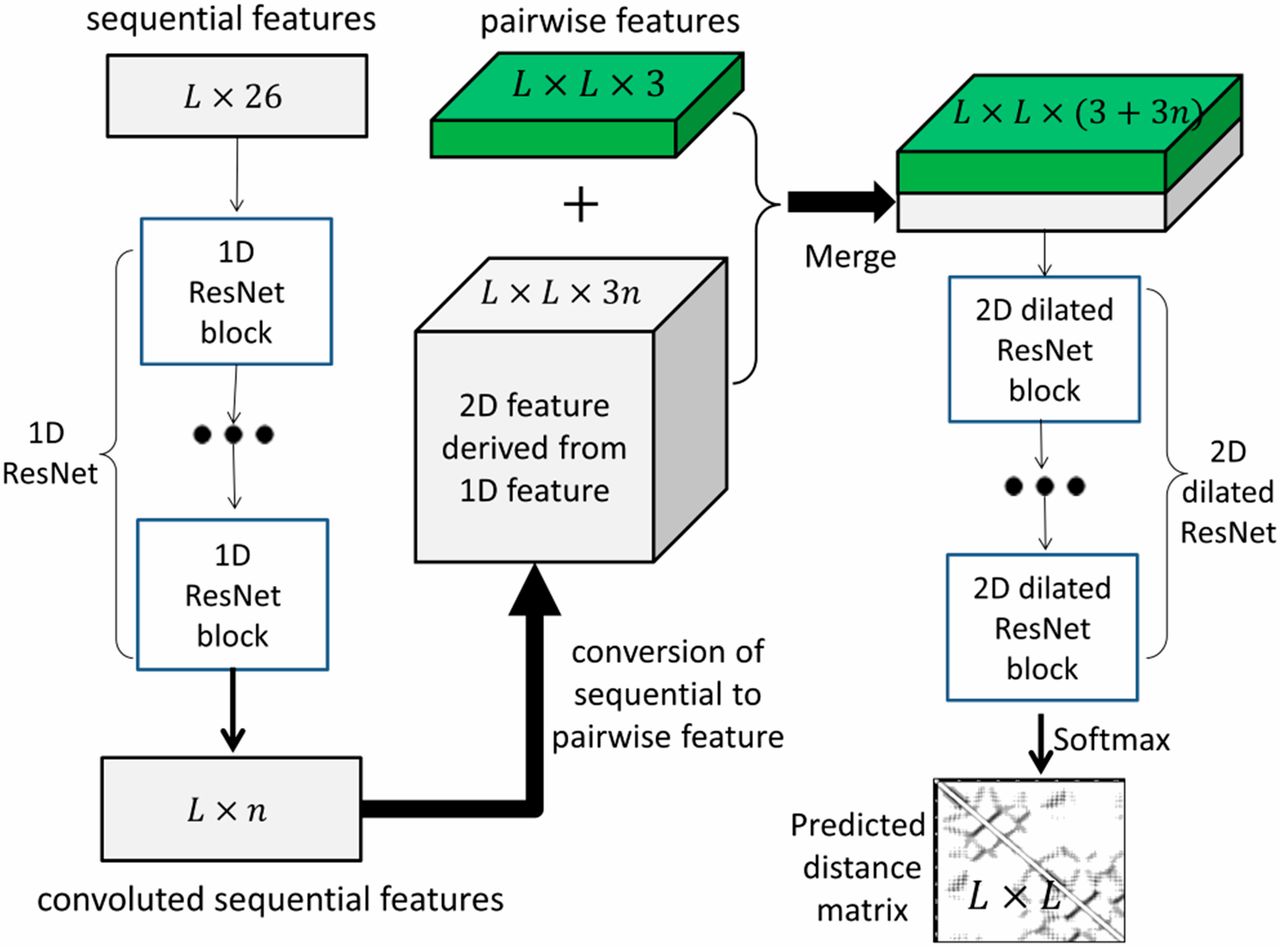
One of the most challenging problems in biology is predicting the three-dimensional structure of proteins. The shape of a protein determines its function, and understanding protein structure is critical for developing new drugs and understanding disease. Deep learning is being used to tackle this problem by analyzing large datasets of protein structures to identify patterns and predict the structure of unknown proteins. For example, Google's DeepMind developed a deep learning algorithm called AlphaFold that can accurately predict protein structure, outperforming traditional methods. By using deep learning, researchers can accelerate their understanding of protein folding, leading to new treatments and therapies for a variety of diseases.
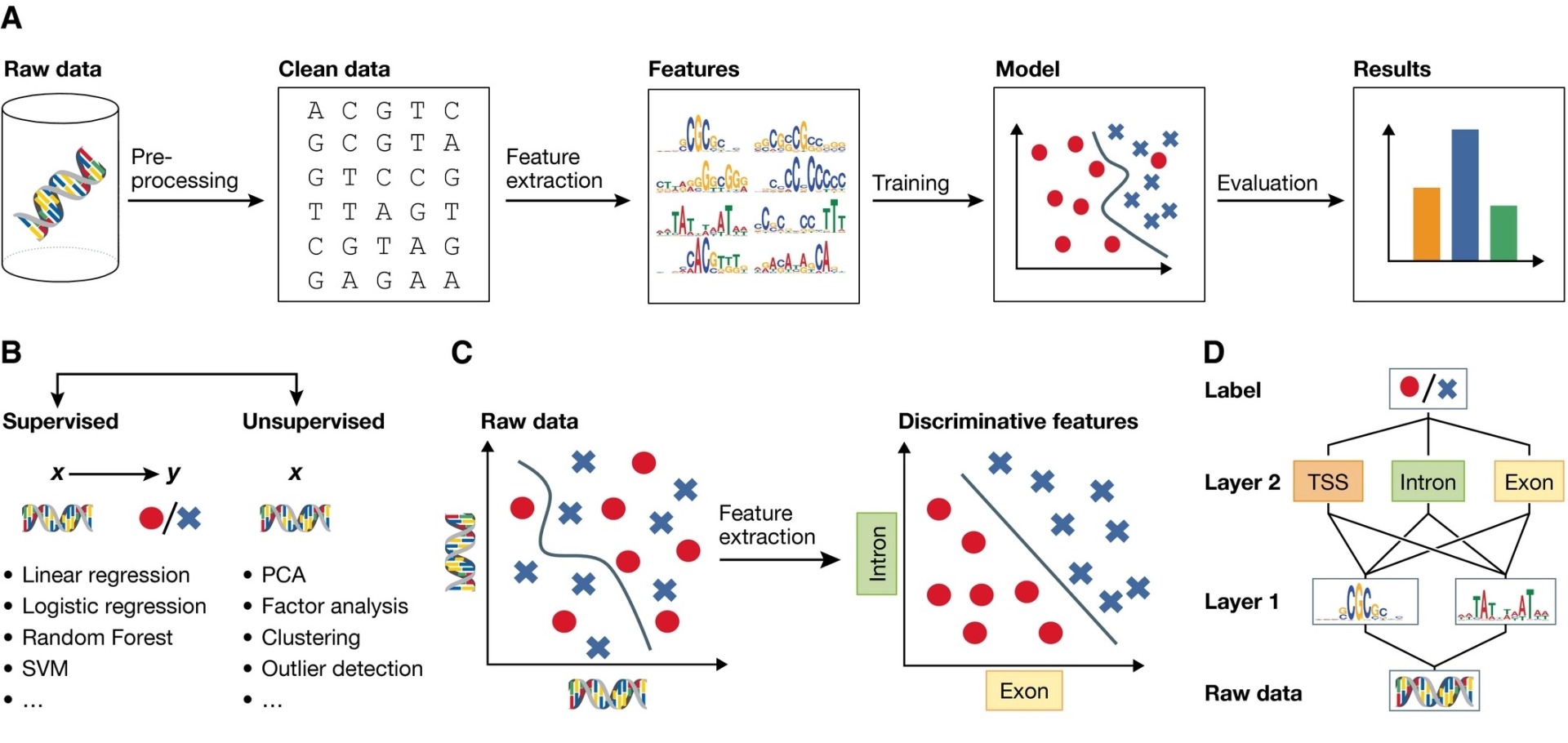
Deep learning has many benefits for the field of biology. It allows researchers to analyze vast amounts of data quickly and accurately, leading to breakthroughs in our understanding of complex biological problems. By using deep learning, researchers can develop new treatments and therapies for a variety of diseases, leading to improved healthcare and better patient outcomes. Deep learning also has the potential to accelerate our understanding of genetics and protein folding, leading to new discoveries and innovations in the field of biology.
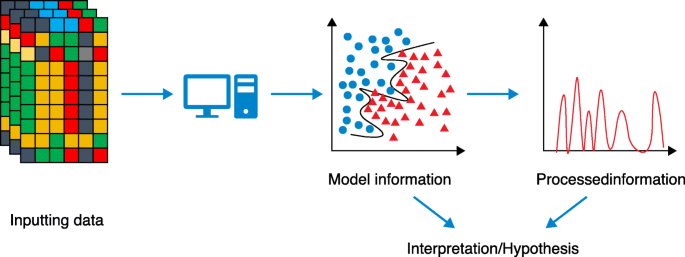
While deep learning has many benefits for the field of biology, there are also limitations and challenges in implementing this technology. One of
the main challenges is the need for large amounts of high-quality data to train deep learning models. Biological data is often noisy and incomplete, which can make it difficult to train accurate deep learning models. Additionally, deep learning algorithms are often considered "black boxes" because they can be difficult to interpret, making it challenging to understand how they arrived at their conclusions. This can make it difficult for researchers to replicate results and ensure that deep learning models are making accurate predictions.
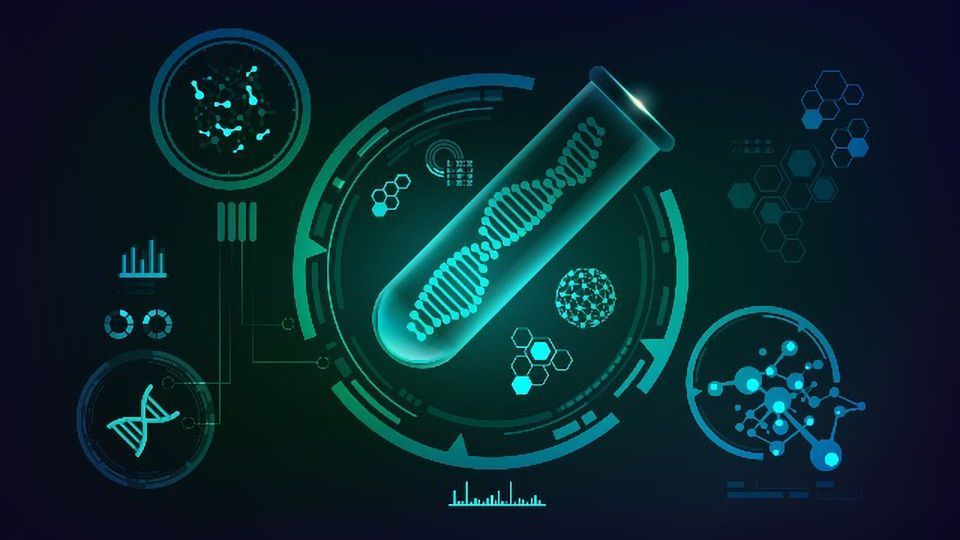
The future of deep learning in biology looks promising. As technology continues to improve, we can expect to see even more powerful deep learning algorithms developed specifically for biological applications. With the continued growth of big data and advances in machine learning algorithms, we can expect deep learning to become an increasingly important tool for researchers in the field of biology. Deep learning has the potential to revolutionize our understanding of complex biological problems, leading to new treatments and therapies for a variety of diseases.
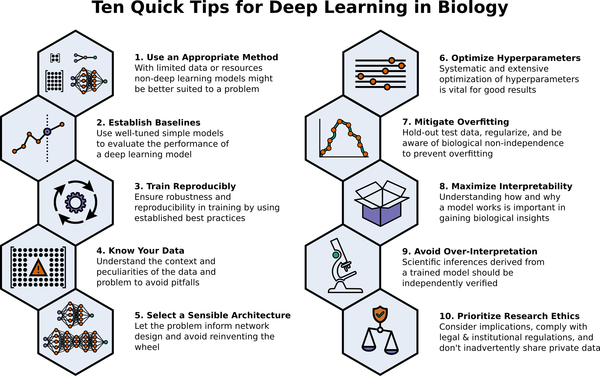
Deep learning is revolutionizing the field of biology, providing researchers with powerful tools for drug discovery, genomics, disease diagnosis, and protein folding. By analyzing vast amounts of data quickly and accurately, deep learning is helping researchers identify patterns, make predictions, and develop new treatments for a variety of diseases. While there are limitations and challenges in implementing deep learning in biology, the future looks promising. With continued advancements in technology and machine learning algorithms, we can expect deep learning to become an increasingly important tool for researchers in the field of biology.
Leave your comments
Post comment as a guest